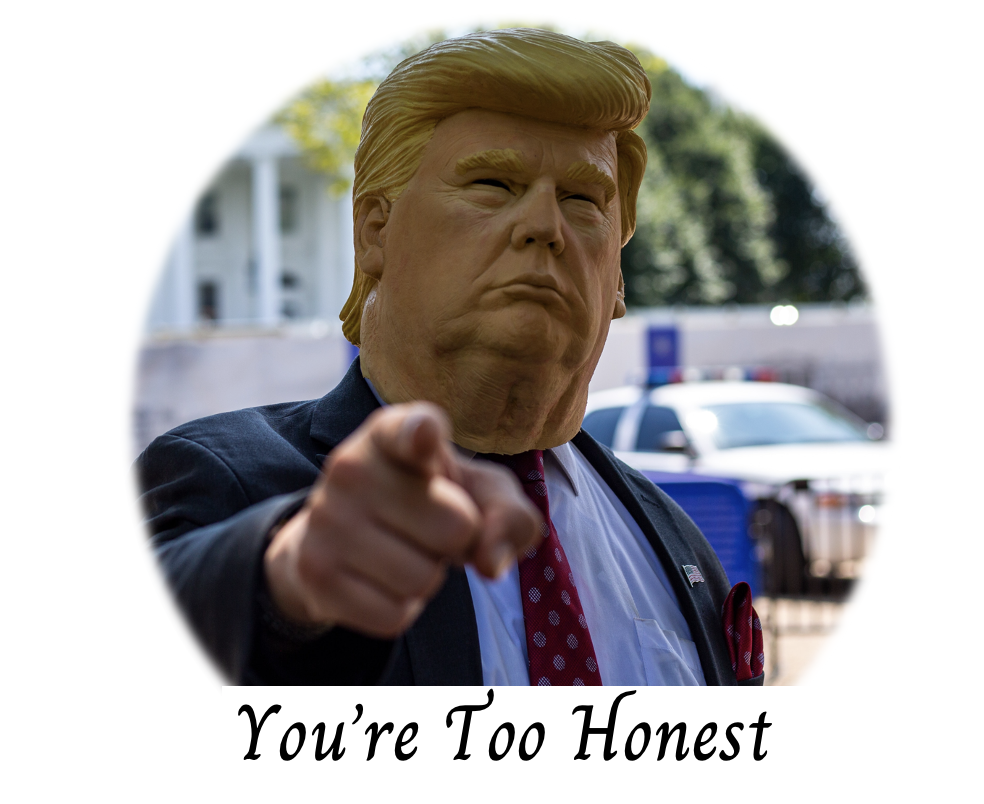Trump’s indictment spotlights the nature of lying and duties of leadership
The recent Donald Trump indictment should cause us all to worry about the stability of our democracy.
The leading Republican candidate for president is charged with three conspiracies: to defraud the United States, to obstruct official government proceedings, and to deprive people of their right to vote. It is undisputed that Trump actively attempted to overturn the 2020 election. But Rep. Jim Jordan (R-Ohio) said in response, “President Trump did nothing wrong!”
The indictment claims that Trump “knowingly” lied in the conspiracy to overturn the election. The indictment uses the word “knowingly” 36 times. It declares that Trump’s claims of election fraud were false, and that “the Defendant knew that they were false.” The indictment is full of examples purporting to show that Trump knew he was lying, or should have known. Among these is an interaction in which Trump said to Vice President Mike Pence, “You’re too honest.”
I have no idea whether Trump will be convicted, or what will happen in 2024. But the case prompts difficult questions about lying, leadership, and the future of our country.
Lying involves deliberate deception, which assumes that the liar knowingly tells falsehoods. But if an accused liar is confused, stupid, or out of touch with reality, is he really lying? The most convincing liars never flinch. Some liars lie to themselves. And pathological liars believe their own lies.
It’s not really lying if a person is brain-damaged or brainwashed. Mentally deficient folks lost in delusion are not lying. Nor are those caught up in conspiracy theories or cults really lying. These dupes inhabit a self-reinforcing web of falsehoods that sees the truth-tellers as lying enemies.
Punishment is misplaced for people lost in delusion. It also seems cruel to punish a brainwashed cult member. We might forgive these folks and offer them compassion. But we should not put them in positions of power
We expect our leaders to be intelligent, honest, and virtuous custodians of truth. There are no guarantees that truthful people will be elected. That’s why we have a system of checks and balances, and regular elections.
The Trump indictment accuses the former president of subverting that system. But what if he really believed the election was fraudulent? If Trump knew the election was legitimate, then he is a liar and a danger to democracy. If it was not legitimate, then Trump is a heroic truth-teller and champion of democracy.
Many loyal Trumpians believe that the election was actually stolen. Recent polls from Monmouth and from CNN show that about a third of Americans, and two-thirds of Republicans, believe the 2020 election was fraudulent. This explains why Trump’s defenders think the Justice Department has been “weaponized.” Trumpians do not think Trump is lying about the election. They see the current indictment as an anti-Trump conspiracy.
The indictment shows how claims of fraud were systematically refuted. So, it seems obvious that Trump is wrong to claim otherwise. But the Trumpians won’t believe the facts laid out in the indictment.
And what if Trump believed his own lies because he is pathological, delusional, or brainwashed by the right-wing echo-chamber? This question is important both because it is connected to possible punishment and because it tells us something about the character of the man who is likely to be nominated for the presidency by the Republican party next year.
If Trump lost, but he really believed the election was stolen, then he did not knowingly lie — and there is no deliberate fraud. Maybe he just couldn’t believe he lost. Maybe he is a pathological liar who believes his own lies. Maybe he was caught up in a cult-like world of right-wing conspiracy. Or maybe he is a senile old man, unable to discern the truth. But these excuses mean that Trump should never be elected again.
If Trump knowingly lied, then he is corrupt and culpable. If he didn’t know he was lying, then he is deluded or incompetent. And in either case, if we assume that the 2020 election was legitimate, Trump seems to lack the virtue and honesty we expect of our leaders. Trump loyalists see things otherwise, which is why our country is on the verge of disaster.
Read more at: https://www.fresnobee.com/opinion/readers-opinion/article277966113.html#storylink=cpy



